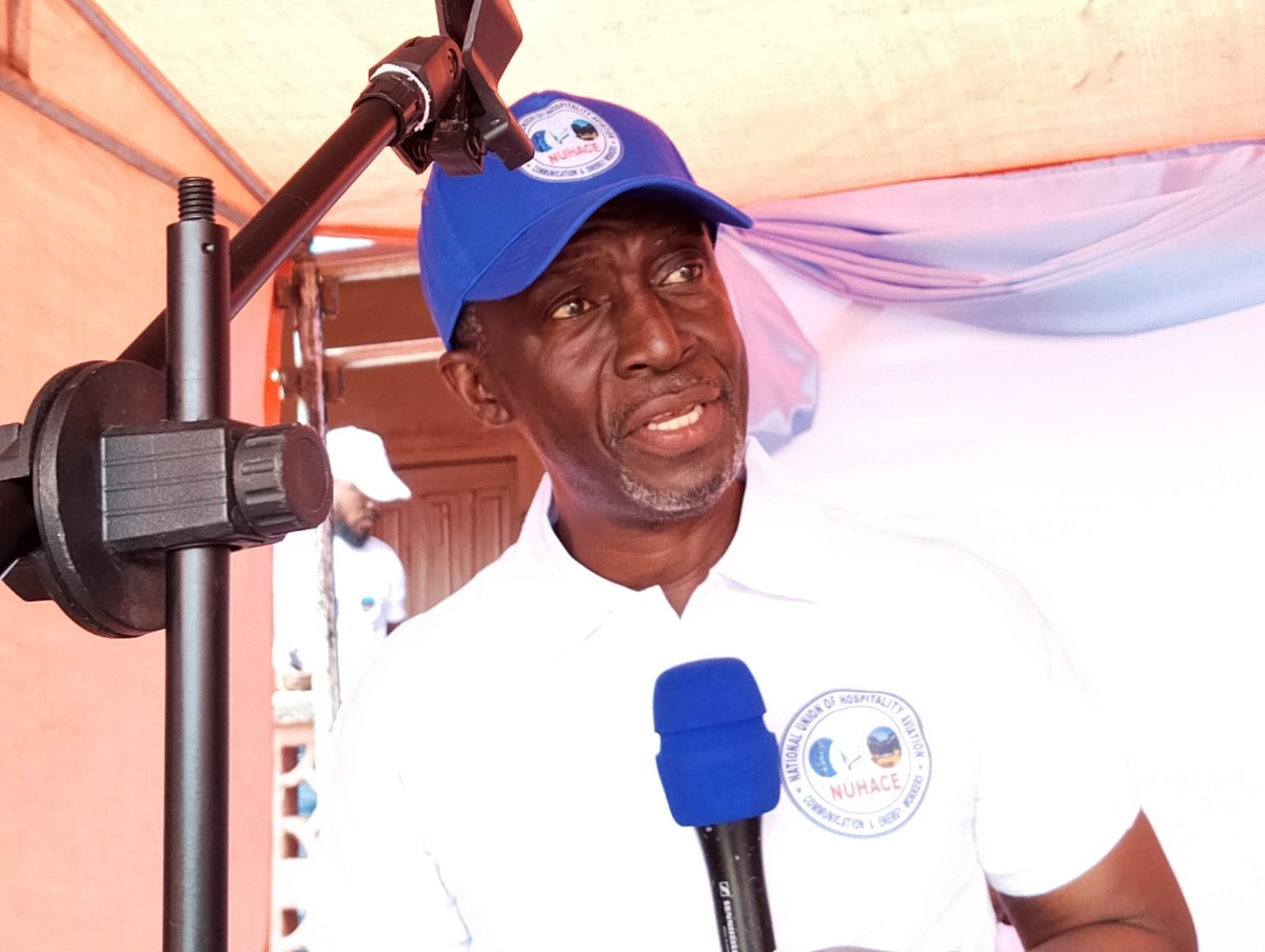The Trump administration’s decision to deport over 1500 Liberians from the United States and its concurrent freeze on foreign aid has sparked significant concern, particularly in Liberia. The initial release of 110 names and addresses of Liberians slated for deportation signals the commencement of this policy, which is part of a broader crackdown on illegal immigration. This move is coupled with a three-month pause on nearly all foreign development assistance, pending a review aligning with the “America First” agenda. This review poses a serious threat to global humanitarian efforts, as the US is the world’s largest provider of such aid and a leading force in HIV prevention and treatment through PEPFAR. In the fiscal year 2023 alone, the US allocated nearly $70 billion to development aid, predominantly channeled through USAID.
The potential impact of these policies on Liberia is profound, given the country’s historical ties with the US and its ongoing reliance on foreign aid. Cllr. Tiawan Saye Gongloe, a prominent Liberian human rights lawyer, has appealed to President Trump to reconsider these decisions, urging him to view Liberia as a special case. Gongloe argues that Liberia deserves unique consideration due to its historical connection to the US, its struggle to recover from past conflicts, and the fact that many Liberians in the US sought refuge from war. He emphasizes the significant role US aid plays in Liberia’s education, health, and agricultural sectors, crucial areas for the nation’s development.
The planned deportations also raise humanitarian concerns. Many Liberians residing in the US fled their homeland seeking safety and stability during periods of conflict. Forcing them to return to Liberia could expose them to potential hardship and insecurity, especially given the challenges the country still faces in rebuilding its infrastructure and providing essential services. The Trump administration’s rationale for the deportations revolves around enforcing immigration laws, but critics argue that such a blanket approach fails to account for the unique circumstances of Liberian immigrants and the potential dangers they may face upon return.
Beyond the immediate impact on individuals slated for deportation, the aid freeze poses a broader threat to Liberia’s development trajectory. The US has been a significant contributor to Liberia’s recovery and progress, providing crucial support for vital sectors. The suspension of aid could cripple essential programs, hindering efforts to improve healthcare, education, and agricultural development. This could have long-term consequences for Liberia’s economic growth and stability, exacerbating existing challenges and potentially undermining the country’s fragile peace.
The confluence of these two policies – mass deportations and aid suspension – creates a complex and challenging situation for Liberia. The potential return of a large number of deportees without adequate support systems in place could strain Liberia’s resources and social fabric. Simultaneously, the loss of crucial development aid could further destabilize the country and hinder its progress toward self-sufficiency. Addressing these intertwined challenges requires a multifaceted approach that considers the unique circumstances of Liberian immigrants and the crucial role of US assistance in Liberia’s ongoing development.
Cllr. Gongloe has also called upon Liberian President Joseph Nyuma Boakai to view these developments as a wake-up call for improved domestic resource management and governance. He advocates for a reduction in government officials’ salaries and benefits, suggesting that such a measure could demonstrate a commitment to fiscal responsibility and prioritize the needs of the Liberian people. This call for internal reform underscores the need for Liberia to strengthen its own institutions and reduce its reliance on external aid. Effectively addressing issues of corruption, human rights violations, and the rule of law will be critical for Liberia to navigate the potential challenges posed by the Trump administration’s policies and achieve sustainable development.














